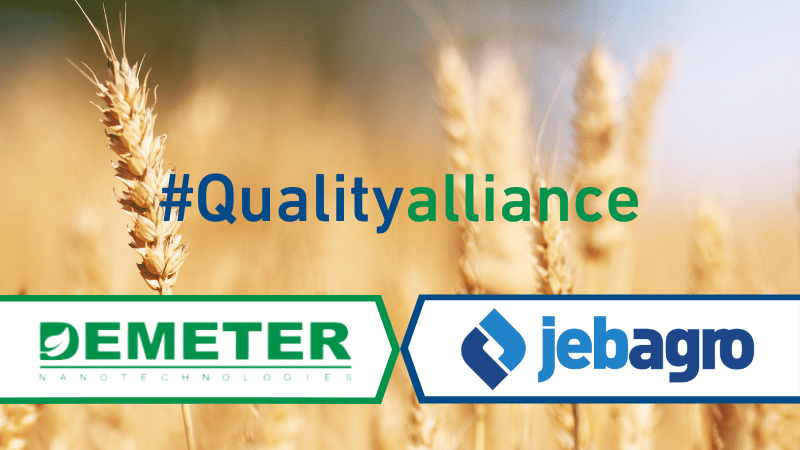ECOM Costa Rica Coffee Growers Complete First Regenerative Agriculture Pilot
ECOM, a world-leading soft commodity services group specializing in coffee, cocoa, and cotton, is leading the verification of regenerative agriculture. In collaboration with Costa Rica coffee growers, the company has taken bold steps toward implementing responsible farming practices. Embracing the innovative BeCrop Rate, a sustainability metric by Biome Makers and DISAGRO’s AgritecGEO new model of attention to the farmer supported by diagnostic tools of digital agriculture, they are now able to measure and track the remarkable improvements in soil health and biodiversity within this thriving coffee crop.
Multinational food and beverage companies are committed to seeking verifiable evidence of sourcing and supporting sustainably-produced food and reporting how they positively impact the environment. To achieve this goal, it is fundamental to work closely with farm operators to improve the sustainability of their activities. ECOM Costa Rica has selected 100 of their most innovative coffee growers from Costa Rica to implement practices during the last 2 years. Examples of the introduced regenerative practices include using biostimulants, organic amendments, cover crops, and sunlight efficiency using shade farming, among others.
BeCrop Rate has monitored the evolution of the coffee fields and validated the soil health improvements. BeCrop Rate utilizes advanced scientific methodologies, BeCrop technology’s ecological computing using AI, and the largest global taxonomic database of 14M microorganisms, to decode the soil microbial networks and assess the impact of the farmer’s interventions by crop and region. It is the only metric validated by the scientific community and tested globally across 180 different crops measuring, verifying, and improving sustainability.
“The industry needs a consistent metric that scientifically verifies the farm’s current status towards soil recovery and sustainability,” said Alberto Acedo, Co-founder and Chief Scientific Officer at Biome Makers. “BeCrop Rate empowers farmers to evaluate their management practices and showcase transparency for healthier and more sustainable food production.”
“We are improving the farming practices in coffee with regenerative agriculture and find it very useful to have a tool to assess the real impact of our actions in the field,” said Tomás Gutiérrez Acuña, ECOM. “BeCrop Rate provided us with soil health metrics to track changes over time, including improvements in belowground biodiversity, crop yield, and carbon sequestration.”
ECOM Costa Rica, in collaboration with their agronomic solutions provider DISAGRO, through its platform of digital agriculture AgritecGEO conducted the BeCrop Rates, evaluating 100 coffee fields across Costa Rica, averaging 20 hectares in size. The ratings for the farms varied, confirming the impact of their current management practices. This level of intelligence provided ECOM Costa Rica farmers with a roadmap on how to grow high-quality and sustainably-produced coffee. The BeCrop Rate provides farmers with a Certification, a digital gateway (API) to access key metrics from the assessment results, and marketing support to enhance their market presence.
“At DISAGRO, we utilize cutting-edge technology to provide solutions to all of our customers. We recommended BeCrop Rate to our customer ECOM Costa Rica to support them on their journey in the adoption of regenerative agriculture,” says Javier Iglesias, from DISAGRO in Costa Rica.“The results obtained from BeCrop Rate allowed us to make personalized recommendations to ECOM Costa Rica farmer partners to improve their soil health, in addition to saving them time and money on the farm.”
The partnership between the ECOM Costa Rica, DISAGRO, and Biome Makers demonstrates a commitment to driving positive change in the agricultural sector. By leveraging their collective expertise, they have helped the coffee growers achieve their sustainability goals and implement regenerative agricultural practices.




